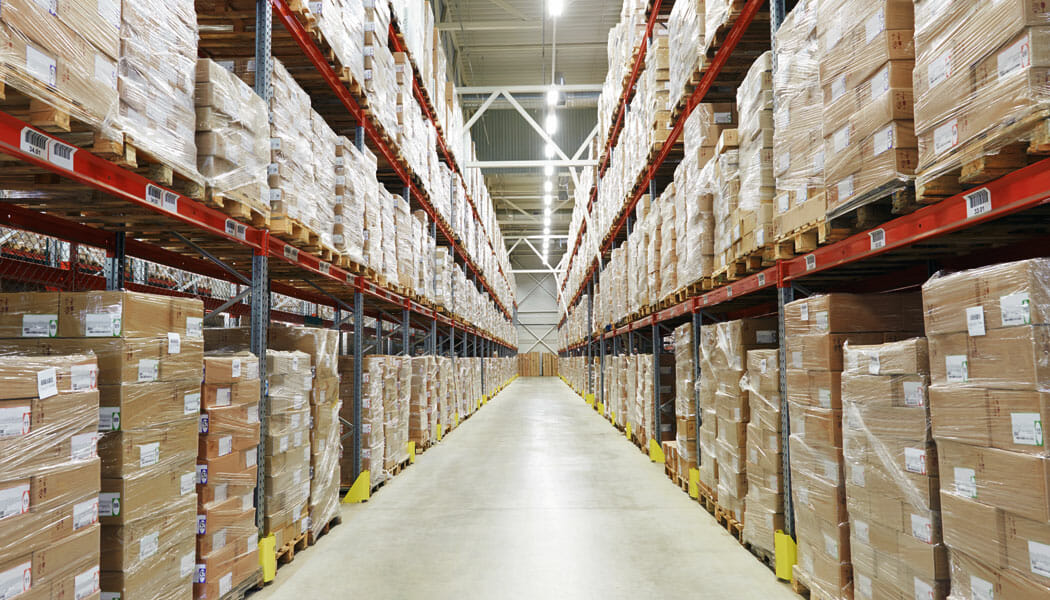
What is a bonded warehouse?
To put it simply, a bonded warehouse is a storage facility that holds goods that are under HMRC control. Mostly, this means that anything coming in from outside of the European Union are stored without duties and VAT being paid.
The approved Bonded warehouse keeper holds the responsibility to ensure stock integrity and security, and also to make sure that duties and taxes are paid, where applicable, when goods exit the warehouse.
There are typically two key bonds, normally described as ‘wet’ and ‘dry’ bonds. A ‘wet’ bond stores goods that would be subject to excise (beers, wines, spirits, tobacco etc.) and a ‘dry’ bond is used to hold general goods.
Alongside this, there are two types of warehouse, a ‘public’ warehouse and a ‘private’ warehouse. As the names suggest, a ‘private’ warehouse is owned and operated by the owner of the goods under HMRC control. A ‘public’ warehouse has authorisation to store any goods owned by a third party, provided the authorisation includes the commodities stored.
What are the benefits to storing goods in a bonded warehouse?
In a traditional import transaction, goods from outside the E.U. arrive at the frontier and are cleared through customs by a nominated broker or freight forwarder. Duty and VAT becomes due at the point of clearance, either by direct payment or by use of a deferment account. Either way, the full duty and VAT charges are levied at the point of clearance.
When making use of a bonded warehouse, a customs entry still has to be submitted at the frontier to allow goods to be removed from the port or airport. However, the goods can then be delivered directly to the bonded warehouse under HMRC control without duties and taxes being paid, pending removal at a later date. This gives an immediate cash-flow benefit to the owner.
Goods can be discharged from the warehouse in several ways:
- Goods are removed from the warehouse to free circulation – daily declarations are made to HMRC and duty and VAT becomes payable based on the date of the release.
- Goods are removed from the warehouse to export – when goods are re-exported, duty and taxes are not payable on these goods. With Brexit looming, there is every chance that shipping from the UK to mainland Europe will, again, be classed as an export, leading to a reduction in duty and taxes paid for suppliers into Europe. Duty and taxes will still be payable in the destination country, but bonded warehousing avoids double payment of taxes.
- In the rare occasions where goods are rejected or faulty, they can be destroyed under customs control with the authorisation from HMRC – duties and taxes are not payable on these goods.
Contact HSM Global today to discuss how we can help. info@hsmglobal.co.uk +44 (0) 1403 269403



